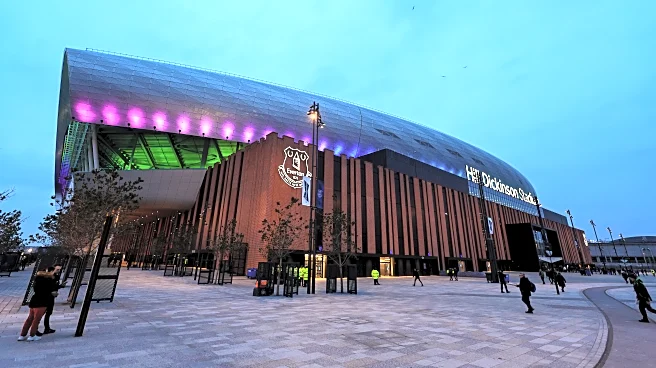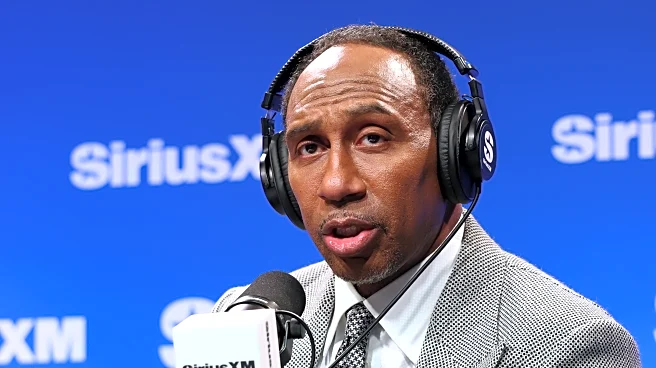Rapid Read • 7 min read
The phenomenon of 'paragraph texting' is gaining attention, with individuals like Emmanuel Jamir, a sketch comedy content creator from New York, embracing this style for its efficiency in communication. Paragraph texters prefer sending long blocks of text to convey detailed information, which they believe aids in clarity and thoroughness. This communication style is contrasted with 'dry texters' who favor short, concise messages. Therapists suggest that paragraph texting may be linked to an anxious attachment style, where individuals seek validation and connection through detailed communication. This style is also seen as a generational and gender-related phenomenon, with millennials and women more likely to engage in verbose texting.
AD
Understanding paragraph texting is crucial as it reflects broader communication trends influenced by psychological factors such as attachment styles. This insight can help improve interpersonal communication and relationships, especially in a digital age where texting is prevalent. For businesses and mental health professionals, recognizing these patterns can enhance customer engagement strategies and therapeutic approaches. The discussion also highlights societal norms around communication, potentially influencing how different demographics interact and express themselves.
As digital communication continues to evolve, there may be increased focus on how texting styles affect relationships and mental health. Therapists might explore new methods to address communication issues stemming from texting habits. Additionally, businesses could adapt their communication strategies to cater to different texting preferences, ensuring effective engagement with diverse audiences.
The exploration of paragraph texting opens discussions on the impact of technology on communication styles and mental health. It raises questions about how digital communication shapes our social interactions and emotional well-being. The phenomenon also touches on cultural and generational shifts in communication, prompting further research into how these changes affect societal norms and personal relationships.
AD
More Stories You Might Enjoy











